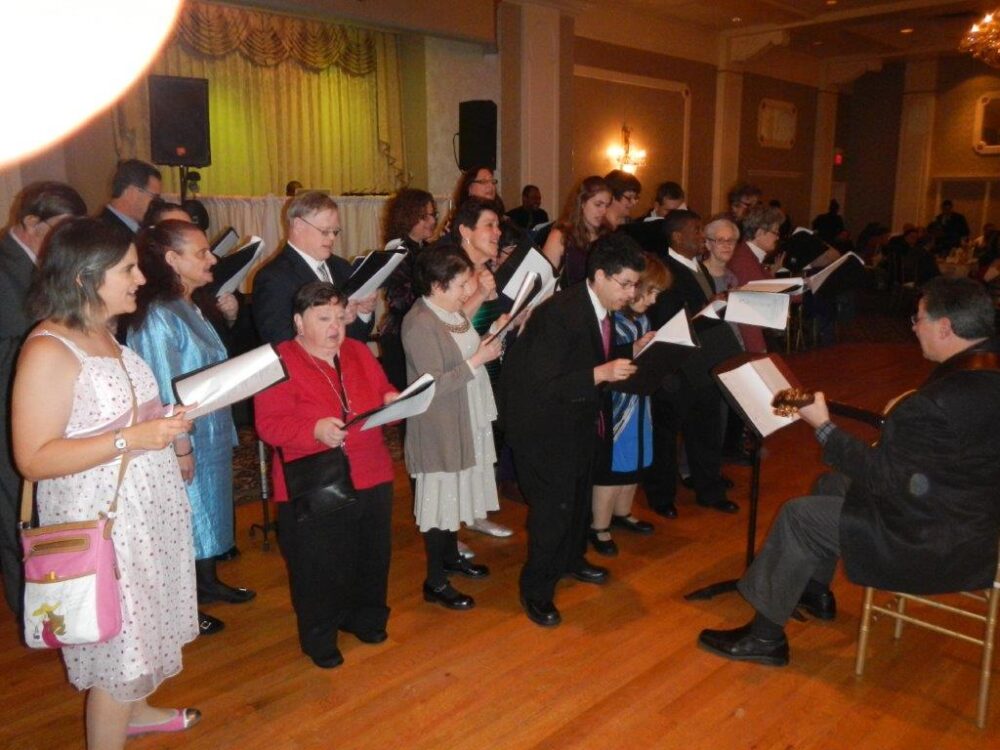
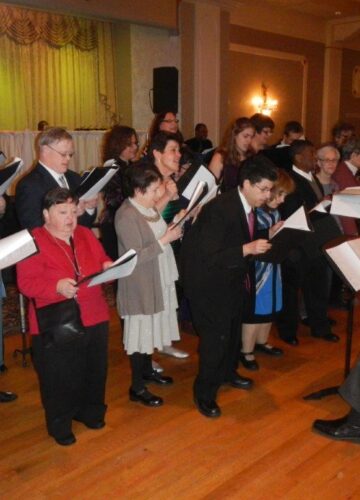
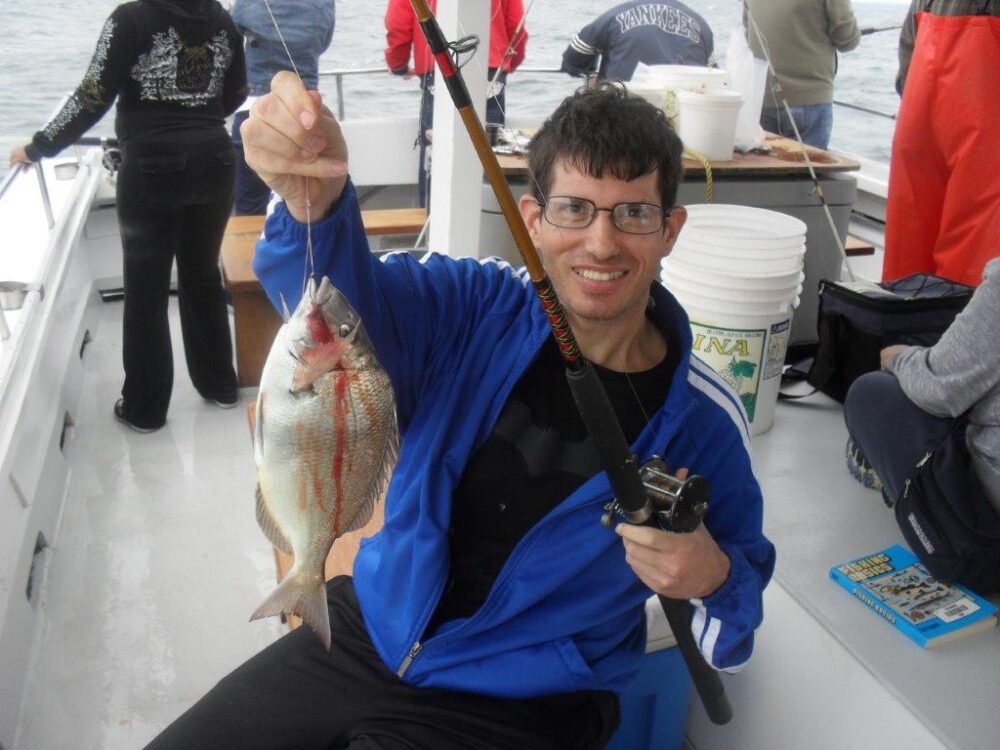
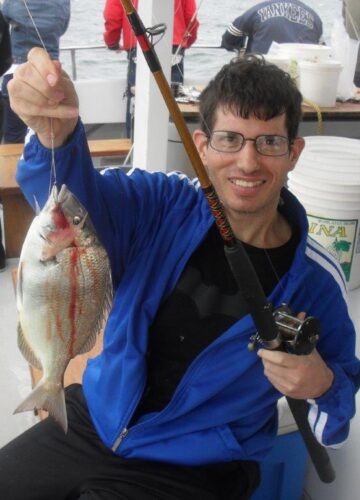
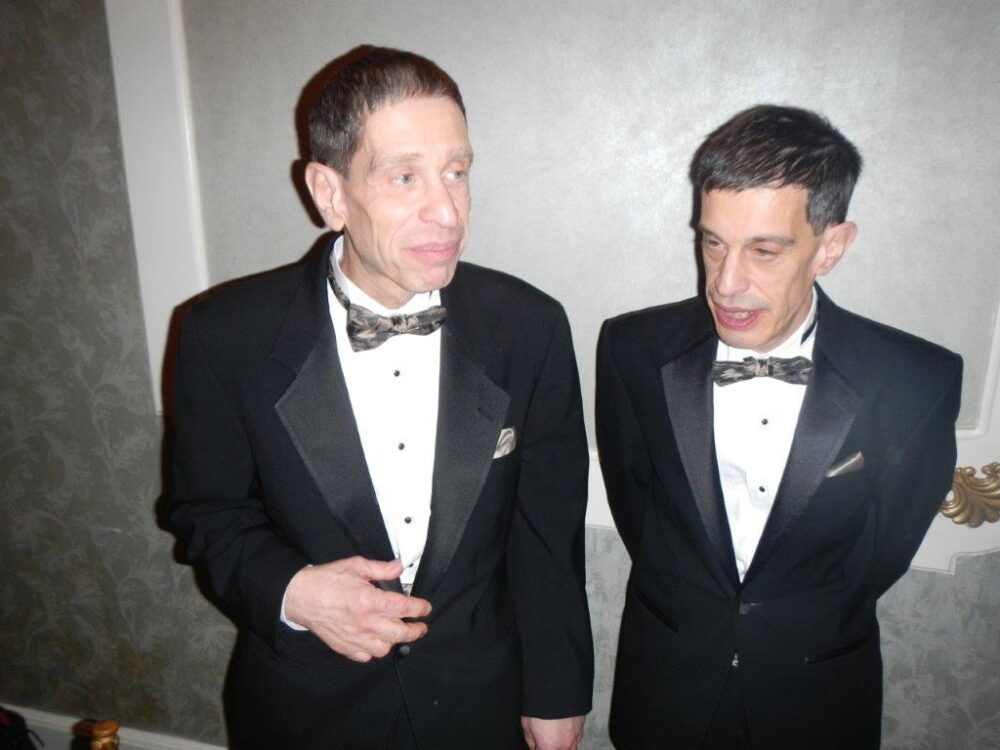



Over the past 30+ years led by a small group of dedicated individuals, the CLC Group has steadily formed to provide a multitude of services for the Intellectually Disabled people. From its meager beginnings as a small private residential program with a handful of individuals in a few rented apartments and one home, CLC Group now provides many services to some 2,500 individuals with a multi-million-dollar income organization.
A small, private agency called Mezoff Associates in Mt. Kisco, New York, was started by Mr. Maurice and Mrs. Judith Mezoff in the mid 1970’s providing residential services to about 15 mentally handicapped individuals who lived in four rental properties. It was a wonderful place for mild to moderate developmentally disabled individuals to live.
After a series of unfortunate health issues (Stroke & Alzheimer’s respectively), the Mezoff’s could no longer run the organization and it was soon to enter bankruptcy. John Signorelli was contacted in 1988 and was asked to take it over and was retained as the Executive Director.
John, an experienced Executive Director became the head of the new non-profit in 1990 and called it Community Living Corporation (CLC) changing the business model turning it into a government-funded, privately-managed, supported (in apartments) and supervised(in group homes), residential program for the developmentally disabled. John Porcella PhD, a longtime associate in prior ventures of John Signorelli’s, became the first Chairman of the Board. Roger Cooper (a Parent whose son was at Mezoff since 1982) became the first Treasurer and a group of parents rounded out the small Board. In 1993 John Porcella was hired as the Deputy Executive Director and became the Executive Director of CLC in 1998. At that time Roger Cooper became Chairman of the Board, a position he continues to hold until today.
It became obvious that this small organization would never survive, as a small boutique agency. So “The Three ‘John’ Musketeers” (John S, John P and Roger John), with the aid of many other parents, volunteers, and staff, set out to purchase real estate and grow the organization into what it is today: the permanent home of about 150 people in 40 different properties that the organization owns outright. During this period, many of the key staff (Priscilla Orr and others) were hired and the Board of Directors always was maintained as a combination of parents and community experts. The parents provided much of the initial funding, for which we will always be grateful.
CLC grew its revenue budget to about US$12 Million. This would ensure that shelter, food, and health, as well as all other services related to a home, could be provided at no cost to the residents.
In 1992, according to US law, a disabled individual could not receive help from the government if that individual’s total wealth exceeded US$1,500 (nowadays, the law has increased the cap to US$1,800)! This meant that families could not leave or give funds to the residents without risking government funding, and this was clearly another challenge that needed to be addressed.
CLC petitioned the New York State Government. Eventually, after participating in writing the law, CLC was authorized to form the first Pooled Supplemental Needs Trusts (SNT) in the State. An SNT is a tool that allows a disabled person to maintain eligibility for government benefits, like Medicare / Medicaid, while allowing the Trust to pay for needs Medicaid does not cover.
Thanks to this effort, CLC created two type of SNTs (one is self-settled and the other one is third-party settled), and a separate not-for-profit was formed, CLC Foundation, to handle these trusts. A great deal of legal work has been and continues to be provided by Fred Eisman. Today all CLC residents have trusts that provide the funds they need to live, without the $1,800 capital restriction. Most Trusts today, however, are referrals from Law Offices that have won settlements for disabled individuals. The Foundation under the direction of John Signorelli and Deneyle Urciuoli manages over 400 trusts with a value of about US$40 Million and to assure independent control, we retained the services of Argent as a Co-Trustee.
When beneficiaries pass away, if there are still funds in their trusts, they are used to bring much joy to all the other trust beneficiaries that are part of the pool, with things like tickets to sporting events, entertainment, holidays, and more.
Recently, a third type of trusts – Surplus Income Trusts (SIT) – have been added, to aid those disabled or older individuals on Medicaid who need assistance in managing their surplus income and payment of living expenses.
In the mid-1990’s, Lucille McCarthy (a 30+ year service staff member) at CLC noticed the residents loved music. She began playing tapes to a small group and asked them to sing along. Around that time, there was an organization in the area called Hidden Treasures that taught painting to a small number of participants, but it was in financial trouble and about to shut down. Another challenge to solve!
CLC, aware of the musical interest of the residents and the arts offerings from the troubled organization, decided to take over Hidden Treasures. It was incorporated under management of the umbrella of the CLC Foundation.
The new CLC Group’s Hidden Treasures opened its doors in 1998 with classes designed to enhance the quality of life for mentally disabled people. The activities nurture the creativity, self-expression, and self-esteem of the participants.
From its initial 30 students who took music and arts and crafts lessons, the organization has grown to offer painting, sculpture, choral group, dance classes, and theater. It now serves about 150 adults, both from CLC and the community at large, with mild to moderate disabilities and it has become cost neutral.
As an additional and lovely bonus, the choral group performs in nursing homes and similar venues, bringing an enjoyable and entertaining activity for a new audience. The annual Talent Show – a theatrical performance expressing the song and dance talents is not to be missed. Art exhibits of the talented participants end in a sell out of their paintings and drawings.
In 1974 a PATH (Professional Association of Therapeutic Horsemanship International) accredited Not for Profit Agency was founded by Virginia Mazza and Virginia Martin. Over the next 30 years it expanded and grew to its current location – a 100 Acre bucolic setting in Orange County, near Warwick NY. This wonderful organization had been providing Equine Therapy services to children (up to 18) on the autism spectrum but, sadly, was on the verge of shutting down. This led to the merger of Winslow Therapeutic Riding Company (Winslow) into the CLC Group in 2013. Another challenge to solve, and fast!
Initially, CLC was asked to provide consulting services on a voluntary basis, and after a little over a year, it was agreed that CLC would merge with Winslow which became a wholly owned subsidiary in 2014 of the CLC Group managed by the CLC Foundation.
Under the leadership of Sue Ferro as Executive Director and strategic vision and financial support of the CLC Group, the non-profit quickly expanded its services and clients. Nowadays, Winslow offers not only Equine Therapy, but also day programs and education in animal husbandry, horticulture, and farming. Winslow has built a vegetable greenhouse and a garden and is soon to build a Monarch butterfly garden and ecosystem learning site.
Clients now include everyone (not just children) on the autism spectrum, but also Wounded Warriors returning from war, in the Middle East and elsewhere, and people with physical and mental disabilities.
Winslow has now completely turned around and today it is fully self-sufficient. It has over 1,000 students enjoying its property and a herd of 35 horses.
As the various entities under the CLC umbrella grew and expanded, there was yet another challenge: the need to have a headquarters building in Mount Kisco, New York.
In 2010 the 50,000 square feet building that housed the manufacturer for Jaques Cousteau’s submarine and decompression chambers was on the market. The building was purchased for a little over US$4 Million, with CLCFD and many parents and friends donating / investing for the down payment and remodeling. Fred Eisman became and is still the Chairman of the Board.
The building, needed to be reconditioned and equipped to transform it from a manufacturing facility to office space, to be able to house the CLC Group Headquarters. For a variety of reasons, the building was set up to be owned by a special purpose company called Westchester Foundation for the Disabled (WFD).
One more challenge kept surfacing time and again: the need to raise funds and provide financial support to the various affiliates to be fully self-sufficient and offer their services for little to no cost to their clients.
In 2003 a new Not-for-Profit corporation was formed which is devoted to fundraising in general and legacy donations. These latter ones are donations made by an individual through a will, life insurance or other formal designation. Many Millions have been pledged and / or donated. As an example of the purpose, this corporation helped with the US$900,000 donation as part of the 25% down payment for the purchase of the CLC Group headquarters building.
In late 2019, discussions for a possible merger with Pam Conford, the Director and Chair of the Epilepsy Foundation of Metropolitan New York (EFMNY) was initiated. This was an organization that was founded in 1967 as a regional affiliate of the National “Epilepsy Foundation of America”. A prior merger effort with Young Adult Institute (YAI) was unsuccessful, but EFMNY needed to merge with another larger organization to continue to serve the clients. For some 10+ year CLC residents had benefited from the services of EFMNY, so when the discussions were initiated, both entities had done business together and knew each other.
In 2020 the merger was finally completed, with Elinor LaTouche becoming the Executive Director, and full integration, as agreed, over three years initiated. This added a new dimension to the existing programs within the CLC Group, and allowed for expansion of the existing services providing educational, counseling, family support and other such services to those with Epilepsy. Some 25%-30% of Developmentally Disabled (DD) individuals have some form of Epilepsy.
EFMNY holds two licenses: An Article 16 that provides occupational and physical therapy, and an Article 31 that allows for a full psychiatric / psychological service Clinic to offer therapy for all mental disorders. The EFMNY is staffed with professionals from the medical, social work, vocational counseling, and psychological professions. It has one of the most prestigious and experienced Professional Advisory Board (PAB) in the country, by luminaries in the field of Epilepsy, as much of the research takes place in the New York City area.
Over the years, various entities were added into the overall scope of the efforts within what was loosely organized group of social services maintained together through the good will of the key founders. Clearly, this model was not a sustainable one for the future. Thus, the concept of the CLC Group as an overall Not-For-Profit that links together all the various entities and achieves some productivity benefit for all, providing common “back-office” services.
Transformation work to “The CLC Group” was initiated in 2020 and will be fully implemented in 2021 with Sarah Fiske as the Executive Director, whereby a “Passive Parent” model brings all the affiliated companies together under an overall umbrella and the CLC Services Group (within the CLC Group) provides services such as Human Resources, Technology, Finance, Training, purchasing etc. to all the Affiliates, achieving greater productivity.
Call us or email to schedule a time to speak with us.